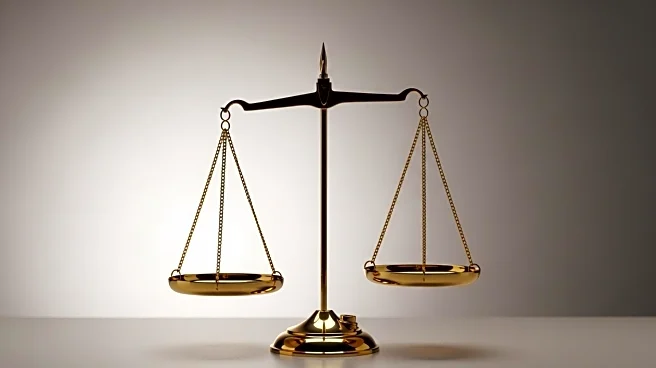What's Happening?
Qatar's position in the Middle East is under scrutiny as it balances its role as a mediator with allegations of supporting extremist groups. While hosting U.S. military forces and engaging in diplomatic negotiations, Qatar has been accused of providing financial support to Hamas and maintaining ties with Iran. This dual role raises questions about Qatar's true priorities and its impact on regional stability. The country's media network, Al Jazeera, has been criticized for inciting violence, further complicating its international image. Calls for transparency and accountability in Qatar's actions are growing, with demands for clear condemnations of terrorism and oversight of its financial aid.
Why It's Important?
Qatar's actions have significant implications for Middle Eastern geopolitics and global security. Its support for groups like Hamas challenges efforts to achieve peace and stability in the region. The country's strategic alliances with both Western powers and radical elements create a complex diplomatic landscape, affecting international relations and security policies. The scrutiny of Qatar's role highlights the need for consistent and transparent foreign policy practices, with potential consequences for its diplomatic standing and economic partnerships. The situation underscores the challenges of balancing mediation efforts with ethical responsibilities.
Beyond the Headlines
The ethical and legal dimensions of Qatar's actions are critical, as they influence perceptions of its role in the international community. The country's media influence through Al Jazeera raises questions about the power of information and its impact on public opinion. Qatar's economic ties with Iran and its support for extremist groups highlight the interconnectedness of regional politics and economic interests. The long-term implications of Qatar's actions may affect its ability to act as a neutral mediator, potentially reshaping its diplomatic relationships and regional influence.











